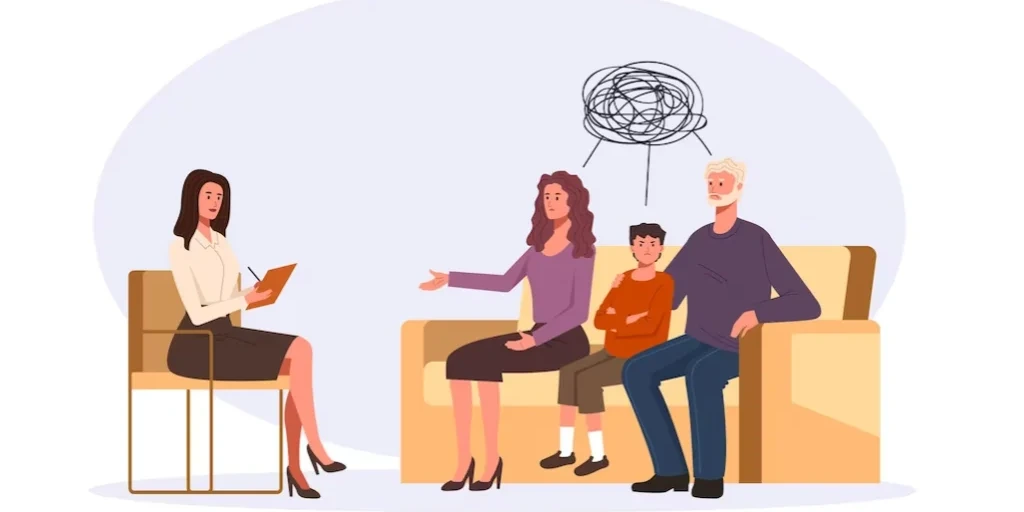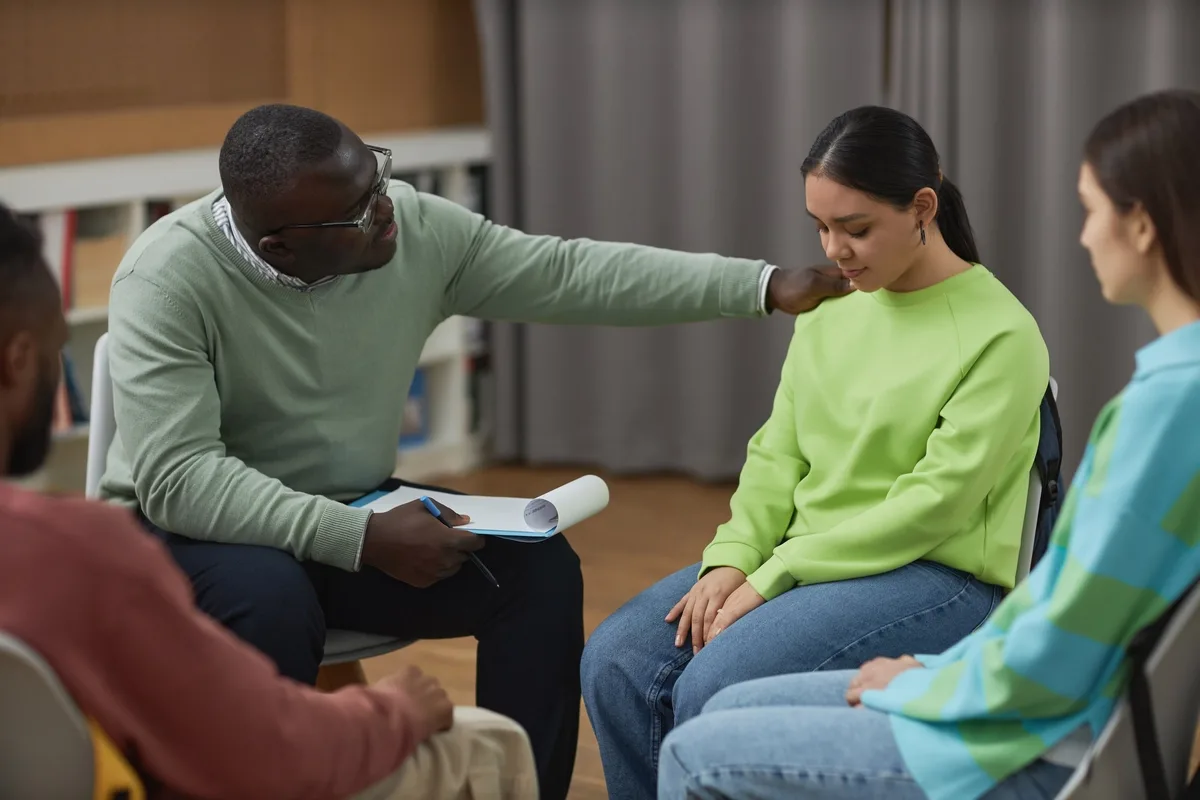24/7 Helpline:
(866) 899-221924/7 Helpline:
(866) 899-2219
Learn more about OCD Treatment centers in Peachtree City
OCD Treatment in Other Cities

Other Insurance Options

United Health Care

EmblemHealth

State Farm

BHS | Behavioral Health Systems

Anthem

Access to Recovery (ATR) Voucher

Lucent

CareFirst

WellCare Health Plans

Kaiser Permanente

Health Partners

Highmark

Coventry Health Care

Health Choice

Premera

Ambetter

Humana

Excellus

Multiplan

Amerigroup

Georgia Addiction Treatment Center
Georgia Addiction Treatment Center (GATC) is a CARF-accredited drug and alcohol rehab located in Pea...

Grace Harbour
Grace Harbour is an outpatient mental health clinic that serves individuals from all ages in a holis...





Turning Point New Directions
Turning Point New Directions is a counseling clinic located in Tyrone, GA. Turning Point New Directi...

The Insight Program
The Insight Program is a private rehab located in Tyrone, Georgia. The Insight Program specializes i...

Pyramid Healthcare – Pine Ridge Manor Halfway House for Men
Pyramid Healthcare - Pine Ridge Manor Halfway House for Men is located in Tyrone, Pennsylvania. Pyra...
































































